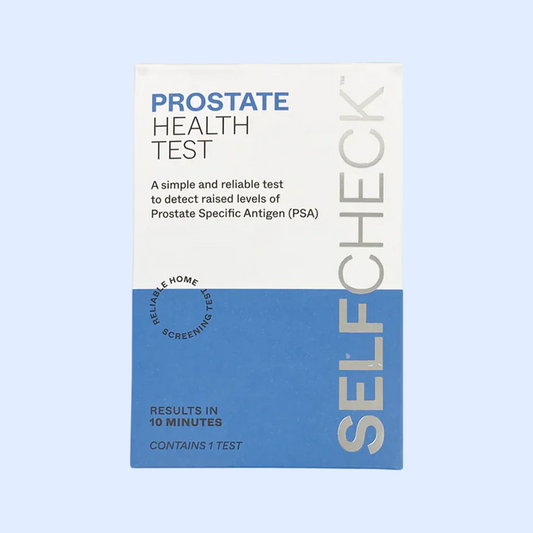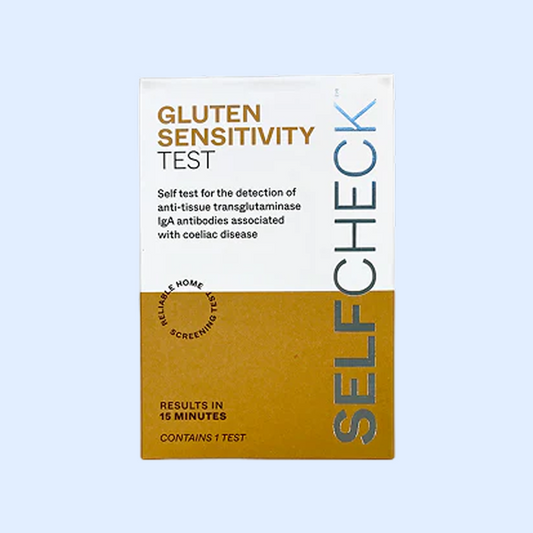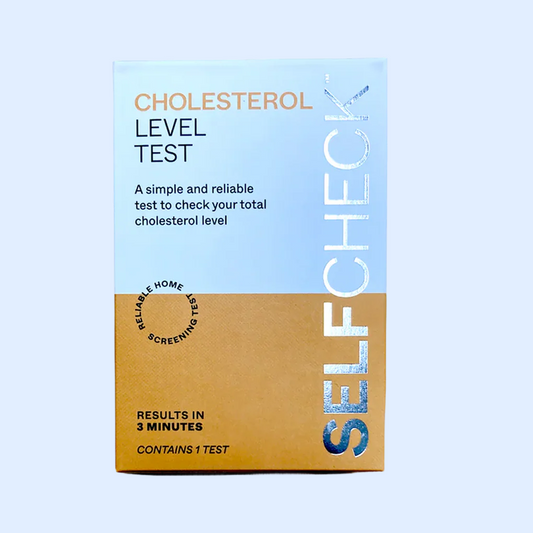
How to Treat Erectile Dysfunction After Prostate Surgery
Did you know? Nearly 85% of men experience erectile dysfunction (ED) after a radical prostatectomy. Erectile dysfunction (ED) is a common challenge for men who have undergone prostate surgery, particularly radical prostatectomy for prostate cancer treatment. While the procedure is effective in removing cancer, it can impact nerve function and blood flow, leading to temporary or long-term ED. However, with the right treatments, medications, and rehabilitation strategies, many men can regain their erectile function.
Prostate surgery, particularly radical prostatectomy for prostate cancer treatment, often disrupts nerve pathways and blood flow crucial for erections. This can lead to temporary or long-term ED. However, advancements in penile rehabilitation, ED medications, and therapy options offer promising recovery outcomes. The key is understanding why ED happens post-surgery and what scientifically backed strategies can help men regain function faster.
Why Does Erectile Dysfunction Happen After Prostate Surgery?
The prostate gland is located near crucial nerves and blood vessels that control erections. Even with nerve-sparing surgery, these delicate structures can be affected, leading to:
-
Nerve damage (neuropraxia): Temporary disruption in nerve signals, affecting the ability to achieve an erection.
-
Reduced blood flow: Surgery can impact vascular function, making it harder to get and maintain an erection.
-
Penile tissue changes: A lack of regular erections post-surgery can lead to penile shrinkage and fibrosis (scar tissue formation) over time.
Best Treatments for ED After Prostate Surgery
1. Oral ED Medications (PDE5 Inhibitors)
For men recovering from prostate surgery, oral ED medications—also known as PDE5 inhibitors—are the most commonly prescribed treatment. These medications work by increasing blood flow to the penis, helping men regain erectile function after surgery.
-
Sildenafil (Viagra) – Starts working within 30-60 minutes and lasts up to 4 hours. While effective, some men experience Viagra Connect side effects such as headaches, flushing, or dizziness.
-
Tadalafil (Cialis) – Known for its longer duration (up to 36 hours), allowing for more spontaneous intimacy.
-
Vardenafil (Levitra, Staxyn) – Works similarly to Viagra but may have a quicker onset for some men.
-
Avanafil (Stendra) – A newer option with a faster-acting formula than other ED medications.
Studies suggest that early use of low-dose daily Cialis (tadalafil) can aid penile rehabilitation by maintaining blood flow and preventing long-term damage.
Aside from these medications, the best supplements for men over 40 can further support erectile function and recovery. Supplements like L-arginine, ginseng, zinc, and CoQ10 help improve blood circulation, testosterone levels, and overall sexual health—making them a great addition to a comprehensive recovery plan.
2. Penile Rehabilitation Therapy
Starting penile rehabilitation soon after surgery can help restore function. This includes:
-
Low-dose PDE5 inhibitors: Helps maintain blood flow and prevent penile shrinkage.
-
Vacuum Erection Devices (VEDs): Uses suction to draw blood into the penis, promoting tissue health.
-
Intracavernosal Injections: Medications like alprostadil are injected directly into the penile tissue to trigger an erection.
-
Urethral Suppositories (MUSE): A dissolvable pellet placed inside the urethra to stimulate an erection.
3. Lifestyle Changes to Improve Erectile Function
-
Regular Exercise: Engaging in strength training and aerobic workouts improves circulation, boosts testosterone levels, and enhances muscle mass, all of which are essential for sexual health and performance. Research shows that higher testosterone levels support libido, erectile function, and overall physical endurance, making exercise a key factor in maintaining men’s vitality as they age.
-
Healthy Diet: A Mediterranean-style diet rich in fruits, vegetables, and healthy fats supports vascular health.
-
Kegel Exercises: Strengthening pelvic floor muscles can help improve erectile response.
-
Quitting Smoking & Limiting Alcohol: Both can impair blood flow and reduce testosterone levels.
4. Psychological Support & Counseling
Post-prostatectomy ED can be emotionally challenging. Sex therapy or counseling can help men and their partners navigate changes in intimacy. Cognitive behavioral therapy (CBT) has been shown to reduce performance anxiety and improve confidence.
5. Advanced ED Treatments for Severe Cases
If other treatments don’t work, men may consider:
-
Penile Implants – A surgical option that involves placing a prosthetic device inside the penis.
-
Stem Cell Therapy & PRP (Platelet-Rich Plasma) Therapy – Experimental treatments that may help regenerate nerve function.
How Long Does It Take to Recover Erectile Function?
-
6-12 months: Many men see improvements within a year with proper rehabilitation.
-
Up to 2 years: In some cases, full recovery takes 24 months depending on nerve damage severity.
-
Immediate treatment improves success rates: Starting penile rehabilitation early increases the likelihood of regaining natural erections.
Final Thoughts
Erectile dysfunction after prostate surgery is common, but effective ED treatments are available. Oral ED medications, vacuum therapy, penile injections, and lifestyle changes can help restore function. Men’s Health Direct provides Viagra, Cialis, and other ED treatments to support your recovery.
If you’re experiencing post-surgery ED, consult a healthcare professional to find the best treatment for you.



